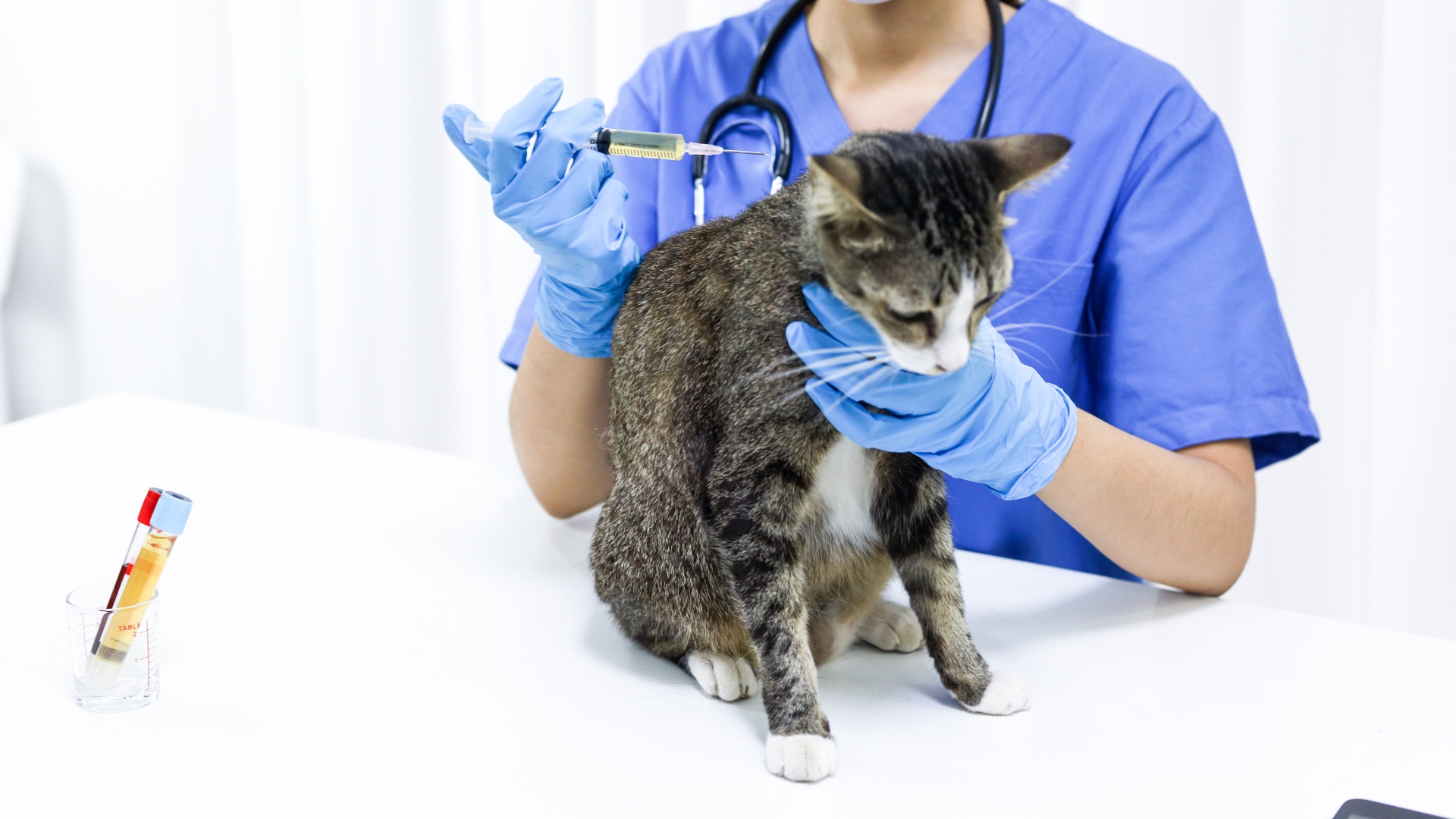
Caring for a cat involves more than just feeding and basic upkeep. To ensure your feline friend leads a happy and healthy life, it’s crucial to understand and meet their specific needs. Here’s a comprehensive guide to the best cat care advice.
Nutrition
Balanced Diet
A balanced diet is essential for your cat’s overall health. Choose high-quality cat food that provides the right balance of protein, fats, and carbohydrates. Cats are obligate carnivores, meaning their diet should be rich in animal proteins. Look for foods that list meat as the primary ingredient and avoid those with excessive fillers or artificial additives.
Special Dietary Requirements
Some cats have specific dietary needs due to allergies, sensitivities, or health conditions. If you notice signs of food allergies, such as vomiting or skin issues, consult your vet for advice on hypoallergenic or specialized diets. Additionally, adjust your cat’s diet based on their age—kittens, adults, and senior cats all have different nutritional needs.
Exercise and Enrichment
Physical Activity
Cats need regular physical activity to maintain their health and prevent obesity. Engage your cat with interactive toys like feather wands, laser pointers, and puzzle feeders. Encourage playtime by setting aside dedicated periods for active play each day. Different breeds have different activity levels, so tailor playtime to your cat’s specific needs.
Mental Stimulation
Mental stimulation is as important as physical exercise. Provide your cat with a variety of toys that challenge their problem-solving skills and curiosity. Scratching posts, climbing trees, and treat-dispensing toys can keep your cat mentally engaged. Environmental enrichment, such as safe outdoor exploration or window perches, also helps stimulate their senses.
Grooming
Regular Grooming
Regular grooming helps keep your cat’s coat in top condition and reduces shedding. Brush your cat’s fur regularly to prevent mats and tangles, especially for long-haired breeds. Nail trimming is also important to prevent overgrowth and potential injuries. While cats are generally good at self-grooming, regular brushing can help them maintain a cleaner coat.
Professional Grooming
Some cats, particularly those with long or dense coats, may benefit from professional grooming services. Groomers can provide thorough baths, haircuts, and other services that may be difficult to manage at home. Regular professional grooming can help keep your cat looking and feeling their best.
Healthcare
Routine Veterinary Care
Routine veterinary visits are vital for monitoring your cat’s health. Regular check-ups help catch health issues early and ensure your cat’s vaccinations are up to date. Preventive treatments, such as flea and tick control and heartworm prevention, are also essential for keeping your cat healthy.
Dental Care
Maintaining dental health is crucial for preventing oral diseases. Regular brushing with a cat-specific toothpaste can help keep your cat’s teeth clean and reduce plaque buildup. Look out for signs of dental problems, such as bad breath, red or swollen gums, or difficulty eating, and consult your vet if you notice any issues.
Behavior and Training
Understanding Cat Behavior
Understanding common cat behaviors can improve your relationship with your pet and help manage their needs. Cats use body language and vocalizations to communicate their feelings. For example, purring usually indicates contentment, while hissing or growling may signal discomfort or aggression.
Training Techniques
Training your cat can enhance their behavior and strengthen your bond. Basic commands like “sit” and “come” can be taught using positive reinforcement techniques, such as treats and praise. Patience and consistency are key to successful training. Addressing behavioral issues, like scratching furniture or inappropriate elimination, may require specific strategies or professional help.
Comfort and Safety
Creating a Safe Environment
A safe home environment is crucial for your cat’s well-being. Cat-proof your space by removing hazardous items, securing toxic plants, and ensuring that small objects are out of reach. Provide safe outdoor access, such as a secure catio or leash walks, to keep your cat safe while exploring.
Comfortable Living Conditions
Provide a comfortable living area with cozy resting spots and clean litter boxes. Cats appreciate having a quiet, comfortable place to sleep and relax. Regularly clean their living space to ensure it remains hygienic and pleasant.
Travel and Transportation
Traveling with Your Cat
Traveling with your cat requires careful preparation to ensure their safety and comfort. Use a well-ventilated carrier for car trips and ensure it is secured properly. Prepare your cat for travel by gradually acclimating them to their carrier and making the experience as stress-free as possible.
Transportation Safety
When transporting your cat, ensure they are secure and comfortable. Use a carrier or seatbelt harness designed for pets to keep them safe during travel. Provide familiar bedding and toys to help reduce anxiety.
Senior Cat Care
Addressing Age-Related Changes
As cats age, they may experience changes in their health and behavior. Adjust their care routine to address issues like decreased mobility or sensory decline. Regular vet visits become even more critical to monitor for common senior health problems such as arthritis, diabetes, or kidney disease.
Enhancing Comfort
Enhance the comfort of senior cats by providing supportive bedding, ramps for easier access to elevated spots, and a calm environment. Monitor their health closely and make modifications to improve their quality of life.
Emergency Preparedness
First Aid Knowledge
Knowing basic first aid for cats can be invaluable in emergencies. Learn how to handle common injuries, such as cuts or choking, and keep a pet first aid kit with essential supplies. Familiarize yourself with emergency procedures to respond quickly and effectively.
Emergency Contacts
Keep important contact information handy, including your veterinarian’s phone number and the nearest emergency vet clinic. Having these numbers readily available can help you act swiftly in a crisis.
Conclusion
Proper cat care encompasses a range of aspects, from nutrition and exercise to grooming and healthcare. By understanding and addressing your cat’s needs, you can ensure they lead a happy and healthy life. A little attention and effort can go a long way in enhancing your feline friend’s well-being and strengthening your bond with them.